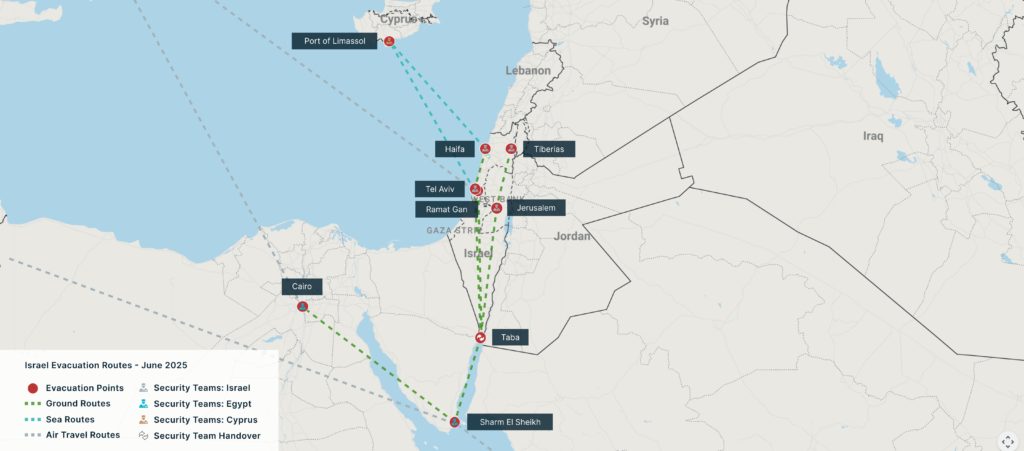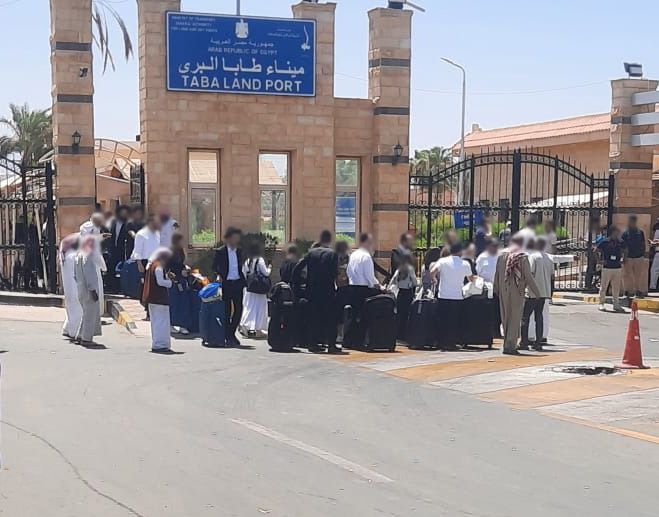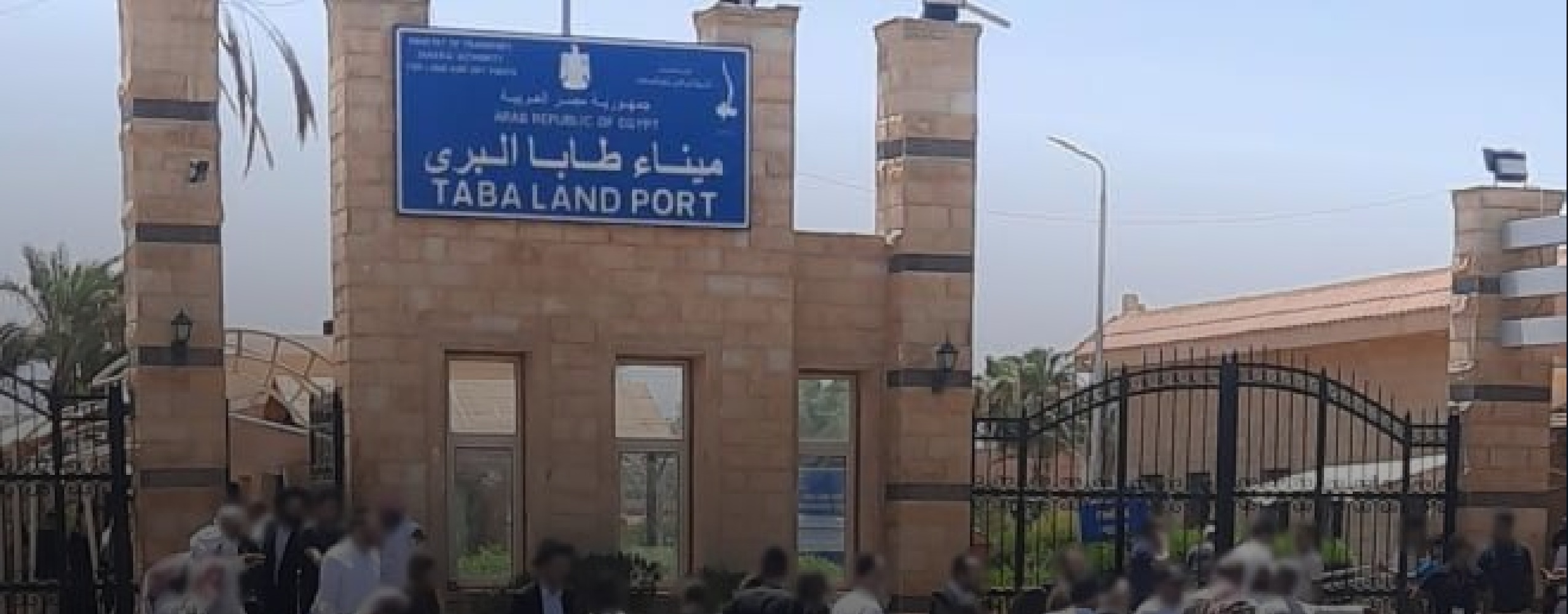Secure Journey Management
Evacuations from High-Risk Locations Call +44 (0)1202 308810 or Contact Us →
Emergency Evacuation from Israel Following Regional Escalation

Map of secure ground routes used from Israel in June 2025.
Tailored Journey Management for High-Risk Locations
Clients required tailored support based on their location, risk exposure, and travel needs. We arranged departures from key cities including Tel Aviv, Haifa, Jerusalem, Tiberias, and Ramat Gan. Travel was scheduled for early mornings to minimise exposure and delays.
Each vehicle was operated by a security-trained driver and accompanied by a close protection officer (CPO), providing reassurance throughout the journey. The route crossed via the Taba border into Egypt, where a second Solace team took over.
Integrated Cross-Border Security Support
Clients required tailored support based on their location, risk exposure, and travel needs. We arranged departures from key cities including Tel Aviv, Haifa, Jerusalem, Tiberias, and Ramat Gan. Travel was scheduled for early mornings to minimise exposure and delays.
Each vehicle was operated by a security-trained driver and accompanied by a close protection officer (CPO), providing reassurance throughout the journey. The route crossed via the Taba border into Egypt, where a second Solace team took over.

Coordinated handover at Taba Land Port during secure transfers from Israel, June 2025.
Enabling Duty of Care Through Proactive Risk Management
This operation reflects Solace’s approach to journey management: proactive, detail-focused and flexible to changing needs on the ground. Our independence and agility meant we could act quickly and precisely, providing each client with a consistent, people-first experience, no matter the complexity.
By combining local insight with real-time data and human-led coordination, Solace Global supported clients in meeting their duty of care and ensuring their people could move safely and confidently, even in uncertain conditions.

Request Evacuation Assistance
If you need secure, coordinated support to move personnel out of a high-risk location, our team is ready to help – quickly, calmly, and with care.
